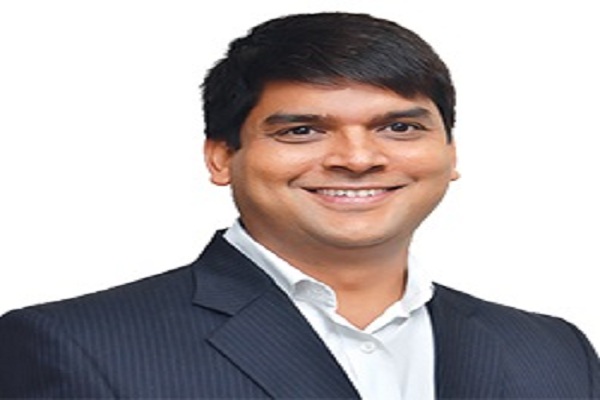
From the past few years, the healthcare sector is witnessing a huge transformation, with technology and innovative tools playing a pivotal role in enhancing care.
As per the latest report, in the last two years, private healthcare sector is experiencing dip in profits, making the sustainability a big challenge. In contrary to what private healthcare is witnessing, Vikram Hospital has become the head turner and is leading the sector with an EBITDA growth from 2% to 20%, which is to reach 25% in a matter of time. This has largely been achieved by focussing on various channels and by use of technology to increase business and reduce cost.

This growth story is not a page pulled out from the fairytale’s books, but due to year on year growth for the last three years. This has been achieved after years of adherence to industry’s best practices in terms of sustainable healthcare by delivering high quality care and improved public health in an environment friendly manner and by introducing innovative technology within the facility if and when required.
Although, in healthcare sector, technology is progressing, for many people, access is dropping across the country due to high out-of-pocket expenditure being a major roadblock.
Changes in wealth distribution, aging populations, and increasing burdens from chronic conditions also exacerbate these issues.

To ensure sustainability without impacting the cost and quality of treatment, the promoters of the hospital should focus on avoiding unwanted capex expenditure especially on medical equipments. They should use technology and latest innovations to reduce OPEX cost.
With regard to CAPEX, today the healthcare market is flooded with latest technologies and with varied price ranges. One should look into buying / investing in a technology depending upon patient requirement and need of the hospital. One should not unnecessarily invest into higher technology if it doesn’t fit into patients’ need and requirement.
For example, to run a hospital in tier-2 and tier-3 city, the optimum requirement could be sufficed by having a MRI machines with 0.5 – 1.5 tesla against 3 tesla. Same can be looked into for all other equipments and instruments bought at the time of starting the hospital.
At Vikram Hospital, we have optimised OPEX cost by introducing technology to control inventory, special focus on material cost, manpower cost, power and fuel cost (green energy like solar / wind power, low power consuming LED bulbs, rainwater harvesting, e-bills, e-prescription etc), administrative and marketing cost. There has been a drastic savings by undertaking above measures leading to reduction of cost from 67% in 2017 to 52% in 2019.
Technology has significantly helped us in improving patient and attendants’ satisfaction. We have introduced a dedicated helpline number 1111, which in case of need is used by the patient or attendants to raise all kind of service requests.
The request raised by the patient is automatically forwarded to respective departments through a software module whereby automatic alerts, escalations are done by the system itself without any human / manual interface.
The analytics provided by the software helps us to find the Root Cause Analysis for any service deficiency. This has helped us in increasing our patient satisfaction score from 65%to 92%.
We, at Vikram hospital feel that there is enough scope of profits in healthcare. What is needed is to identify right levers like medical and non-medical manpower cost, power & fuel cost, administrative cost, marketing cost, material cost etc. where currently private healthcare are losing profits.
Vikram Hospital is a 262-bedded flagship hospital located in Bengaluru which provides high-quality patient- centric healthcare programmes, leading to optimal outcomes and increased patient satisfaction.
Writer Dr Somesh Mittal is Managing Director & Chief Executive Officer, Vikram Hospital
Be a part of Elets Collaborative Initiatives. Join Us for Upcoming Events and explore business opportunities. Like us on Facebook , connect with us on LinkedIn and follow us on Twitter , Instagram.












